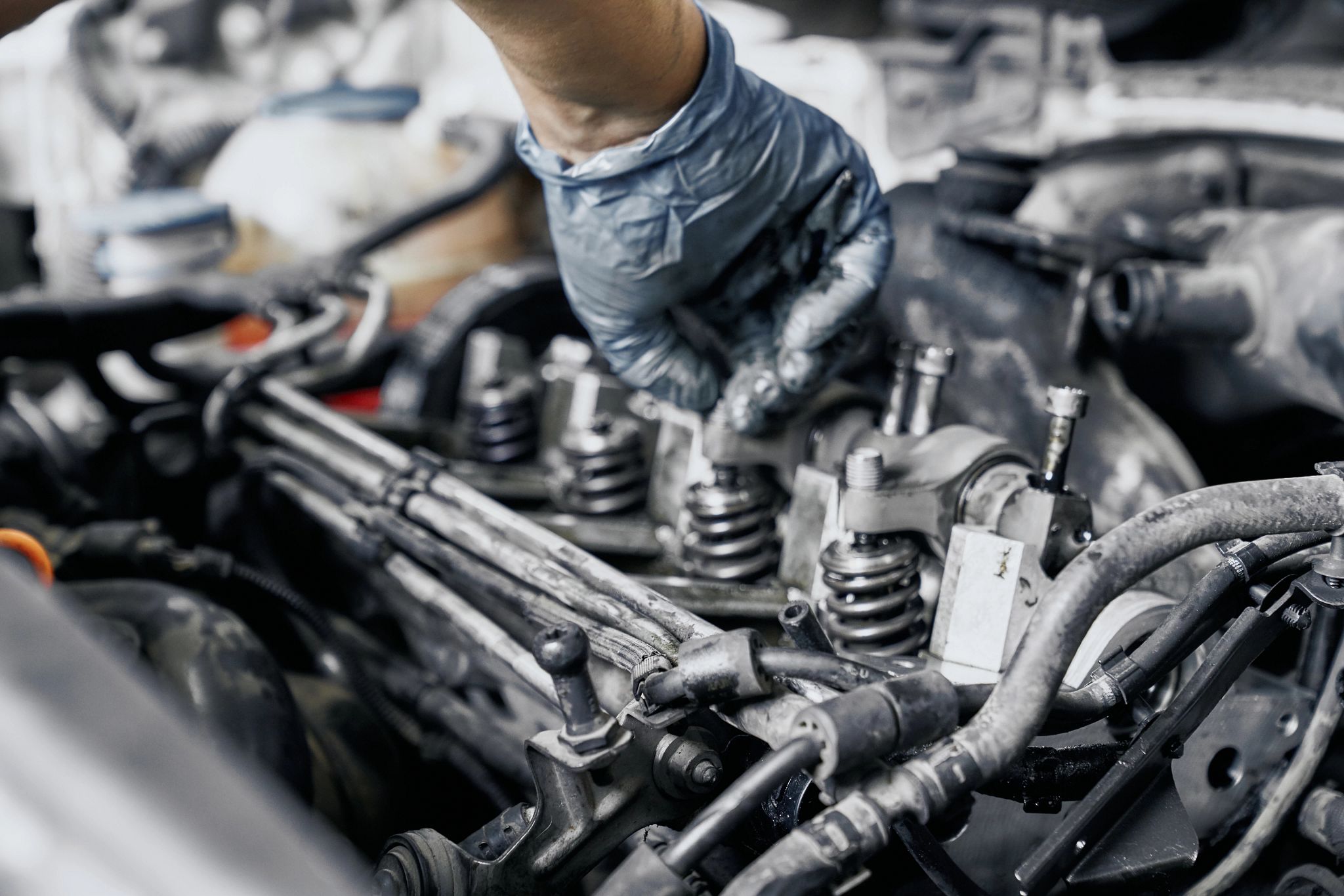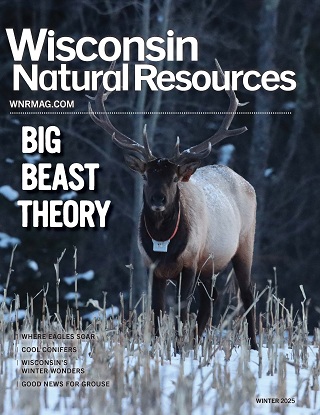Contact: Craig Czarnecki, DNR Air Management Outreach Coordinator
608-250-0945 craig.czarnecki@wisconsin.gov
DNR Announces $320,000 In Funding To Reduce Diesel Engine Emissions
 Wisconsin benefits from the pollution reduction, health cost savings and local economic incentives of clean diesel grant programs such as Diesel Emissions Reduction Act, which have updated or replaced more than 5,200 pieces of diesel equipment.
Photo credit: iStock/SerhiiBobyk
Wisconsin benefits from the pollution reduction, health cost savings and local economic incentives of clean diesel grant programs such as Diesel Emissions Reduction Act, which have updated or replaced more than 5,200 pieces of diesel equipment.
Photo credit: iStock/SerhiiBobyk
MADISON, Wis. – The Wisconsin Department of Natural Resources (DNR) is accepting applications for projects that reduce diesel emissions and improve Wisconsin’s air quality and human health now through Jan. 7, 2022.
Approximately $320,000 is available to fund Wisconsin-based projects designed to reduce emissions from eligible public and private vehicle fleets with diesel engines.
Funding is supported through the U.S. Environmental Protection Agency (EPA) which began awarding clean diesel grants in 2008 under the Diesel Emissions Reduction Act, a grant program created by Congress as part of the Energy Policy Act of 2005 to reduce emissions from aging diesel engines.
The Diesel Emissions Reduction Act grant program helps improve Wisconsin’s air quality by reducing emissions that contribute to fine particulate, ozone and carbon monoxide levels.
Environmental Impact Of Diesel Engines
Aging diesel engines produce more pollution than newer engines and are a source of carbon dioxide emissions, a greenhouse gas that contributes to climate change. Clean diesel grant programs such as the Diesel Emissions Reduction Act have reduced carbon dioxide emissions in Wisconsin by more than 625,000 tons over the lifetime of these programs.
The DNR’s efforts like this help make progress toward Gov. Tony Evers’ Executive Orders #38 and #52 which are focused on the reduction of greenhouse gas emissions, fostering clean energy innovation and developing strategies to mitigate and adapt to the effects of climate change.
Developing and adopting strategies that reduce fossil-fuel dependence and utilize low-carbon fuels and new efficient technologies is also critical to Gov. Evers’ Climate Change Task Force. In addition to improving air quality, upgrading or replacing diesel equipment helps vehicle owners reduce operating costs through increases in fuel efficiency.
“The DNR continues to participate in this grant program because of the highly beneficial outcomes such as encouraging diesel operators to implement emission reduction strategies to improve our state’s air quality while safeguarding public health and reducing fuel consumption,” said Gail Good, DNR Air Management Director.
Benefits Of Clean Diesel Grant Programs
Wisconsin benefits substantially from the pollution reduction, health cost savings and local economic incentives of clean diesel grant programs such as the Diesel Emissions Reduction Act. In Wisconsin, these programs have updated or replaced more than 5,200 pieces of diesel equipment. Over their lifetime, the projects funded by these grant programs will:
- Reduce diesel emissions by more than 625,000 tons.
- Save more than 54 million gallons of diesel fuel.
- Result in more than $284 million in health cost savings.
How To Apply For Clean Diesel Grants
Visit the DNR’s Clean Diesel Grant Programs webpage for more information and to access grant application materials. The deadline for submitting grant applications is 5 p.m. on Jan. 7, 2022.
Eligible equipment and vehicles for funding include school and transit buses as well as nonroad engines, equipment and vehicles used in construction, cargo handling and agriculture. Eligible recipients include private, nonprofit and public entities that own or operate diesel fleets and equipment in Wisconsin.
For questions regarding this funding opportunity, please email DNRCleanDiesel@wisconsin.gov.

